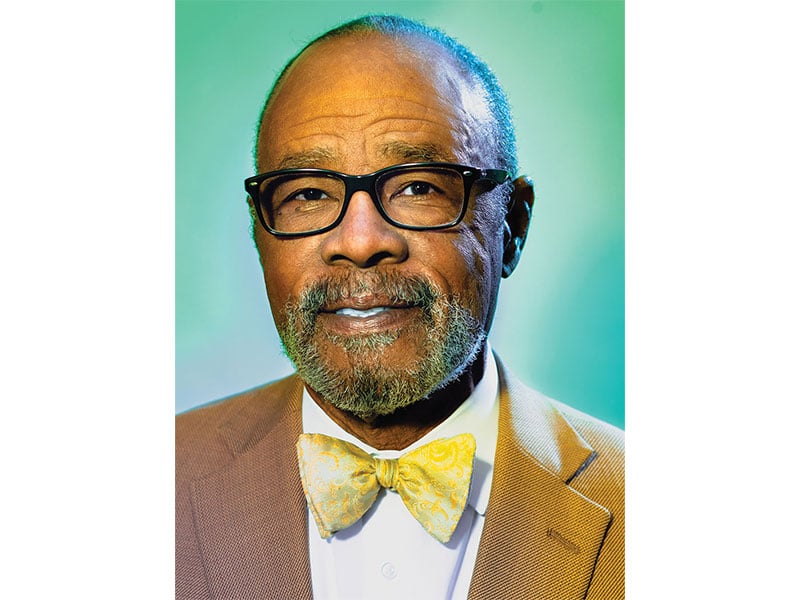John Warner Smith
Literature

“History is burning in my gut,” John Warner Smith told me. Smith is known in many circles in Louisiana. Whether he’s writing books and being the Poet Laureate of Louisiana from 2019-2021, or working for the Urban League of Louisiana, he and his work has always been steeped in a passion for Black people and their history.
Smith’s newest venture is working as the executive director of Shadows-on-the-Teche, the museum at the old sugar plantation at the William Weeks plantation in New Iberia, originally built in 1834. After reading a poem he wrote commemorating the 75th anniversary of the expulsion of Black doctors from Iberia Parish in 1944, titled “Sermon of the Dreamers,” Smith got the position. He said, if you’d have asked him earlier in his life if he’d be the executive director of a museum, he wouldn’t have thought so, but the chance to “reframe history, to tell the whole story of it,” was too good to pass up.
Smith has always worked to tell stories in a way that they hadn’t been told before, whether it was poetry about Muhammad Ali or the novella he wrote and published in 2022 with UL Press, “For All Those Men,” a fictionalized account based on the true story of how the Ku Klux Klan tried to take over Louisiana in the early 20th century.
As the executive director of the museum, Smith can expound on the history that had been told there prior, (and the histories told so often at plantations that exclude the enslaved). He has set up the museum to include the stories of the enslaved with a new interpretative experience and has even organized different exhibits and themes featured in each room of the plantation. For Smith, this is very important, as he says, “History is taking a bad rap. There’s denialism, people trying to prevent history from being taught and told and we’re doing the opposite. History can be such a bridge builder, such a teacher and we can do a better future.”
Smith’s newest venture is working as the executive director of Shadows-on-the-Teche, the museum at the old sugar plantation at the William Weeks plantation in New Iberia, originally built in 1834. After reading a poem he wrote commemorating the 75th anniversary of the expulsion of Black doctors from Iberia Parish in 1944, titled “Sermon of the Dreamers,” Smith got the position. He said, if you’d have asked him earlier in his life if he’d be the executive director of a museum, he wouldn’t have thought so, but the chance to “reframe history, to tell the whole story of it,” was too good to pass up.
Smith has always worked to tell stories in a way that they hadn’t been told before, whether it was poetry about Muhammad Ali or the novella he wrote and published in 2022 with UL Press, “For All Those Men,” a fictionalized account based on the true story of how the Ku Klux Klan tried to take over Louisiana in the early 20th century.
As the executive director of the museum, Smith can expound on the history that had been told there prior, (and the histories told so often at plantations that exclude the enslaved). He has set up the museum to include the stories of the enslaved with a new interpretative experience and has even organized different exhibits and themes featured in each room of the plantation. For Smith, this is very important, as he says, “History is taking a bad rap. There’s denialism, people trying to prevent history from being taught and told and we’re doing the opposite. History can be such a bridge builder, such a teacher and we can do a better future.”


